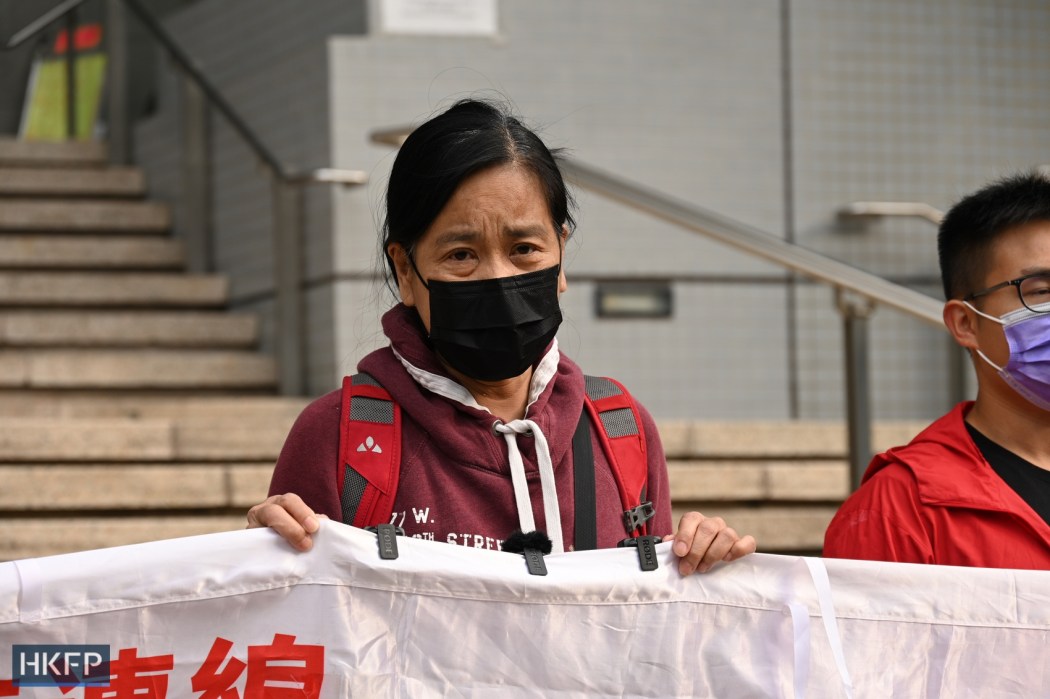The Australian Federal Police (AFP) calls on people to contribute to the world’s first image bank to fight child exploitation.
The project is an initiative of the Artificial Intelligence for Law Enforcement and Community Safety Lab (AiLECS Lab), a collaboration between the AFP and the Faculty of Information Technology at Monash University.
AiLECS Lab co-director Campbell Wilson said researchers asked people ages 18 and older to contribute photos of themselves as children through the My Pictures Matter crowdsourcing campaign.
“These images will be used to train AI models to recognize the presence of children in ‘safe’ situations, to help identify ‘unsafe’ situations and spot possible material for child exploitation,” said Associate Professor Wilson.

AFP Leading Senior Constable and co-director of AiLECS Lab, Janis Dalins, said the project’s ultimate goal was to more quickly identify victims and material not seen by law enforcement before.
“This will allow the police to intervene more quickly to save children, stop perpetrators and better protect the community,” said Dr. Dali. ns.
“In 2021, the AFP-led Australian Center for Combating Child Exploitation received more than 33,000 reports of online child exploitation; each report may contain large amounts of images and videos of children being sexually abused or exploited for the gratification of perpetrators,” he said. †
“Assessing this horrific material can be a slow process, and the constant exposure can cause researchers significant psychological distress.”
Dr. Dalins said AiLECS Lab’s initiatives would support police officers and the children they were trying to protect.
He said researchers had devised an innovative way to ethically develop the necessary AI technology.
Professor Wilson said that to develop AI that could identify exploitative images, researchers needed a very large number of childhood photos in every day “safe” contexts that could train and evaluate the AI models.
“But getting these images off the Internet is problematic if there’s no way of knowing whether the kids in those photos consented to uploading or using their photos for research,” Professor Wilson said.
“By obtaining photos from adults, with informed consent, we are trying to build technical and transparent technologies, said researchers had developed comprehensive strategies for the secure storage and use of this data to maintain the privacy of those depicted and processes to ensure ongoing consent management.
Dr. Dalins said researchers wanted a database of at least 100,000 ethically sourced images bto train the AI algorithm y the end of 2022
